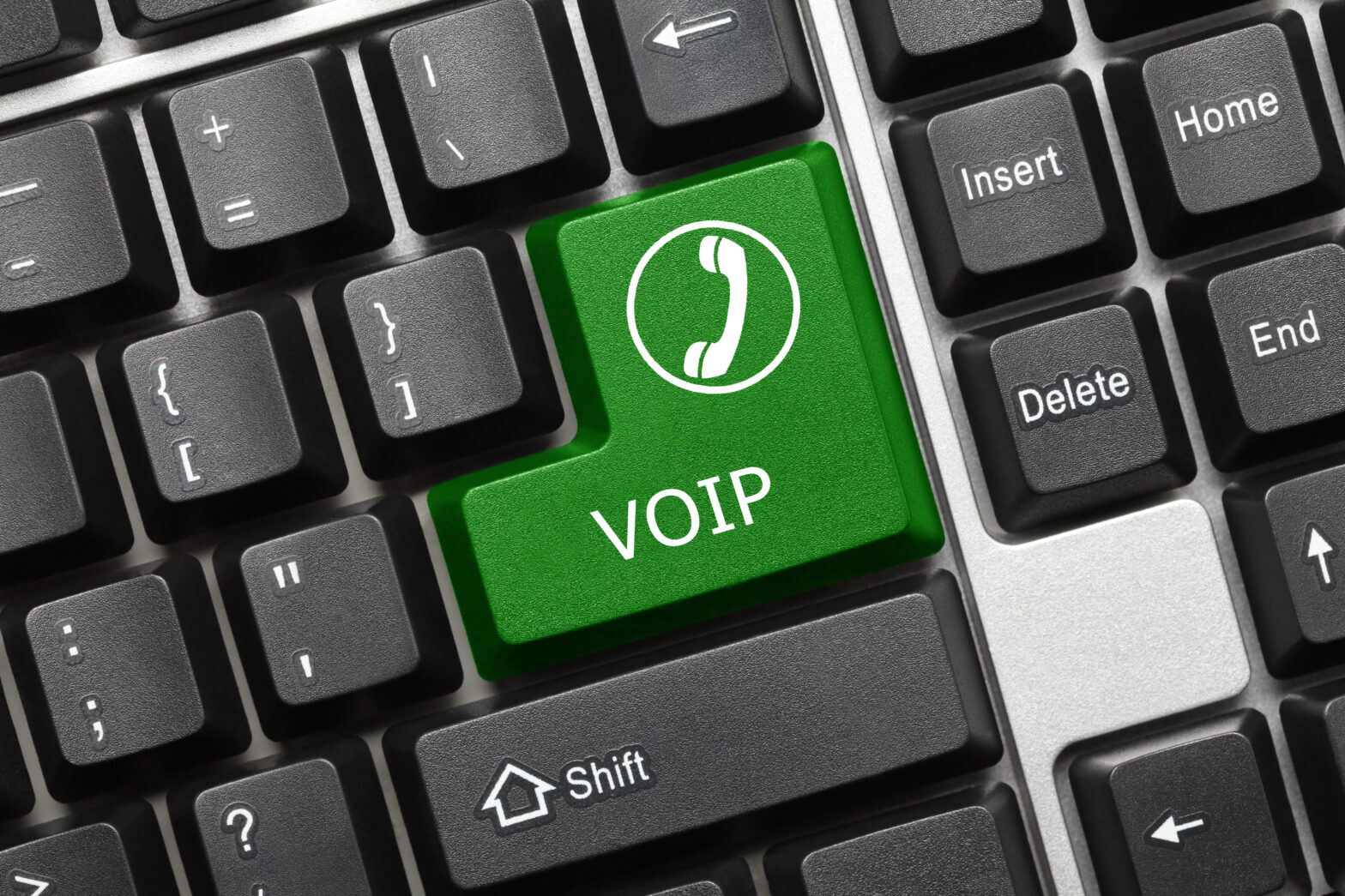Routing calls over the internet is widespread within enterprise. Most office telephone systems have been routing calls this way for many years. ‘Voice-over-internet-protocol’ (VoIP) in business has not made the jump to mobile devices. Why?
Consumer smartphone mobile VoIP (mVoIP) apps have been around for ten years now, with growth driven by low cost or free services. mVoIP users will grow to 1 billion users globally by 2018. It’s now common to use an app to call or send a message, rather than use expensive mobile carrier services, accepting both parties need to have the same app, and both need internet connectivity is a price worth paying in return for ‘free’.
It’s also possible to call mobiles or landlines from your app, at significantly lower rates compared to mobile carriers, and also call freely when roaming abroad.
mVoIP has come a long way over the last few years, but it’s fair to say using an app hasn’t always been a great experience.
Latency caused conversations to become ‘out of sync’. The delay was caused by slow or unreliable internet connectivity, compounded by the time taken by early smartphones to process VoIP, often resulting in a hang up.
Jitter occurred when parts of a conversation were lost by poor internet connectivity or mobile data. Older 3G networks struggle to handle mVoIP bandwidth, especially when others are trying to connect at the same time. 3G data networks are not designed to provide continuous data, essential for a good calling experience.
This means mVoIP has not been considered ‘Business Standard’, but recent technology improvements have revolutionised call quality and reliability.
High speed internet
Broadband speeds have dramatically increased over the last few years with the continued global rollout of fibre. Over 70 per cent of the UK now has access to over 30Mb broadband access. Wi-Fi hotspots are forecast to quadruple globally to 5.8 million by 2015, with hotels leading the push with free Wi-Fi access.
4G Mobile Data
New, super fast, 4G mobile data networks are rolling out everywhere and offer ‘broadband on the move’.
Faster, widespread smartphones
It seems everyone has a smartphone these days, especially businesses users, opening up access to a multitude of different apps, with super fast quad-core processors, reducing mVoIP latency experienced by their early predecessors.
All these improvements contribute to a much better experience than ever before, with latency and jitter reduced and call quality and reliability now comparable to mobile carrier calls, but at a fraction of the cost when calling abroad.
So why has enterprise been slow to adopt mVoiP? The financial benefits are compelling. Domestic mobile rate plans are competitive but international call rates are both very expensive and highly profitable for mobile carriers, which is why cost conscious businesses prevent employees making international calls from their mobiles, opting to encourage free PC-based services or office landline, which may not be any cheaper than using a mobile.
Tethering your workforce to a laptop or office phone to make international calls is not a productive use of time. It removes spontaneity and Vyke believes any employee should be able to use their mobile to call whoever they want, whenever they want, wherever they are, without any concern over cost.
A possible solution is to extend your office system to a smartphone by using an associated app, however upfront costs and licensing fees are high, and international call rates are no less expensive than using the office phone. So it’s likely these types of mobile solutions will only appeal to larger corporations looking for increased productivity benefits.
Enterprise struggles to combine the concept of ‘low cost’ with ‘business standard’, but it is possible. App based mVoIP services can save up to 95 per cent compared to mobile carrier international call tariffs, so represent an easy opportunity to reduce a chunk of indirect spend.
mVoIP services are non-geographic and can be used when employees travel abroad, so no more roaming fees. mVoIP apps also offer interesting innovation potential.
So which mVoIP services should you consider?
Here lies the stumbling block. Most mVoIP services are designed for consumer use, not for enterprise. All require direct consumer relationships, therefore expensed calls, with no central control over how, or where, calls are made.
Vyke understands mVoIP has great potential for use in business, so developed the VykeBusiness solution to meet the specific needs of enterprise. Add any number of iOS, Android or Blackberry 7 smartphone devices to your VykeBusiness account to create your own company calling circle. Calls and Instant Messages within your circle are free anywhere in the world, when connected to Wi-Fi.
Alternatively, low-cost international calls can be made to any mobile or landline with call charges added to the central account. Your appointed administrator has a dashboard view of usage in real-time and can simply pay the company invoice at the end of each month. The app comes with a host of other useful features.
The administrator also sets the automated connectivity logic to suit the businesses fiscal policy, so the employee just makes a call without any fuss. VykeBusiness app complements, rather than competes with mobile carrier SIM service, so there’s no need to change SIM providers, which is a hassle for any business. Security is provided by TLS encryption.





